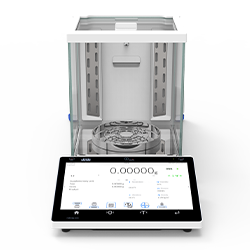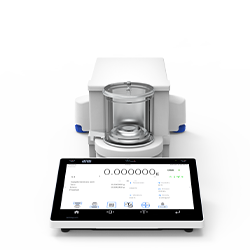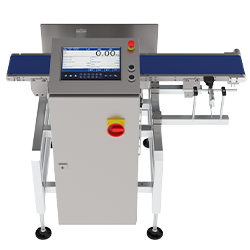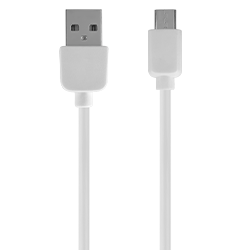Balance de précision 5Y.10.PM

- Possibilité de peser des charges jusqu’à 120 kg sur un grand plateau avec une grande précision et une bonne répétabilité,
- erreur d’excentricité minimale dans toute la gamme,
- mesure rapide et stable (réalisable en 1 seconde),
- stabilité des paramètres dans le temps et dans le transport,
- construction solide basée sur un monobloc plus grand et plus haut,
- système intégré de protection contre les surcharges à 4 points,
- dimensions du plateau de pesée ajustées à la précision de la balance,
- étalonnage interne

MONO
BLOCK® . Le changement de la structure monobloc a permis de travailler avec une précision de 0,01 g avec une capacité de charge de 20 kg et 0,2 g avec une capacité de charge de 120 kg, une répétabilité à partir de 0,01 g et une résistance aux changements de conditions environnementales.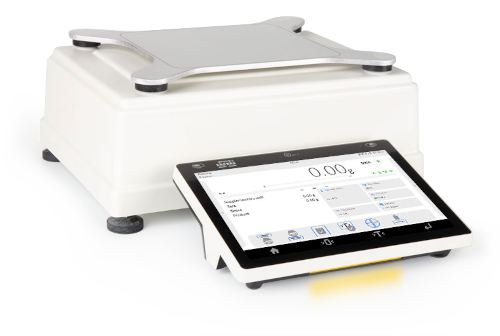
Les balances 5Y.PM comprennent également :
- écran tactile 10 pouces,
- mise en service facile, utilisation intuitive et ergonomie de travail,
- la conformité au 21 CFR Part 11,
- audit numérique de pesée DWA® (Digital Weighing Auditor),
- méthode de vérification de l’utilisateur en plusieurs étapes,
- Alertes lumineuses d’ambiance Ambient Light,
- Hotspot,
- RFID,
- Texte Live Note,
- historique de référence des mesures dans la Handy Library,
- widgets.

Application

21 CFR Part 11









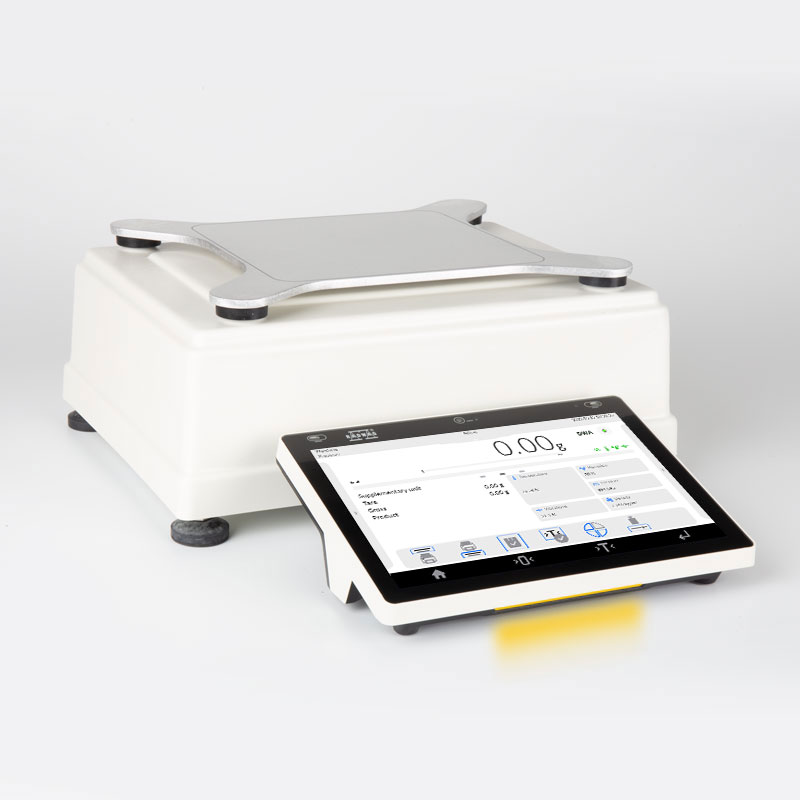
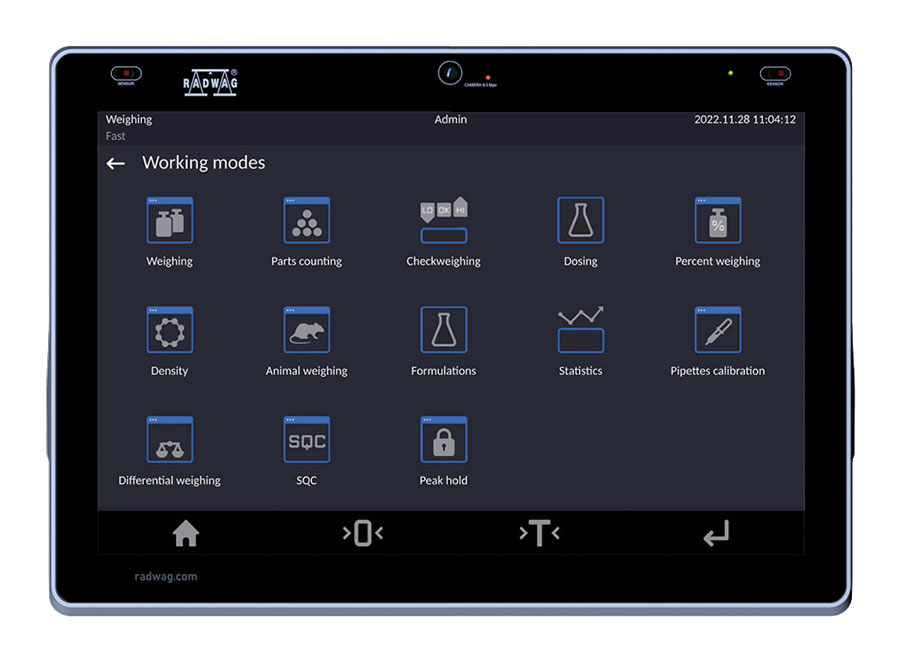
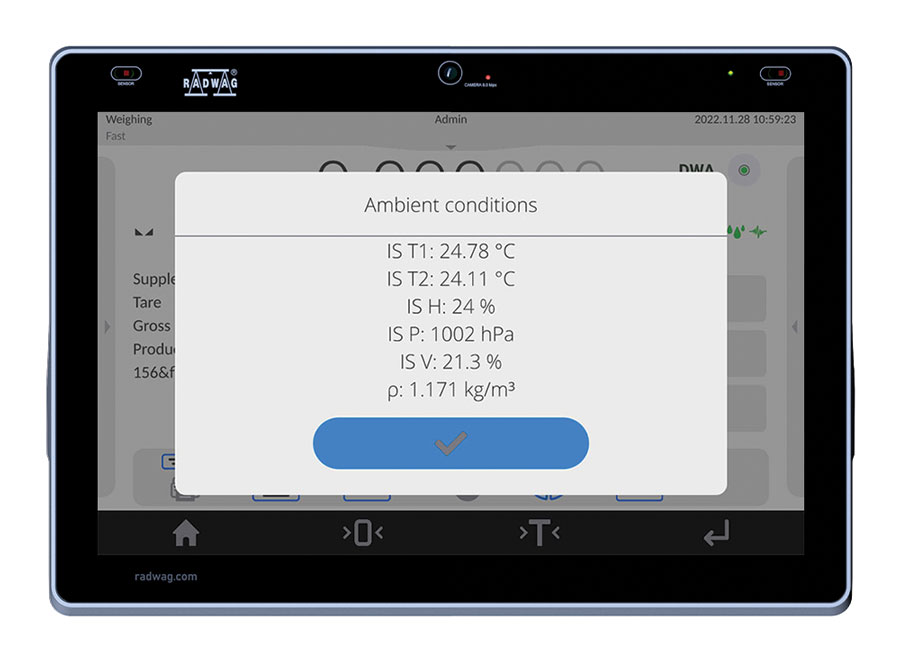
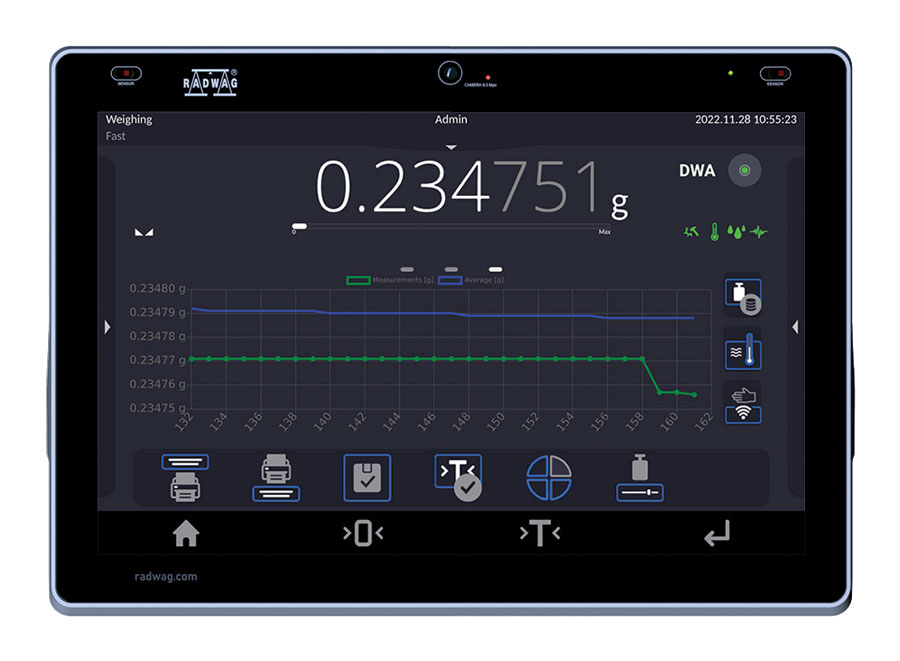
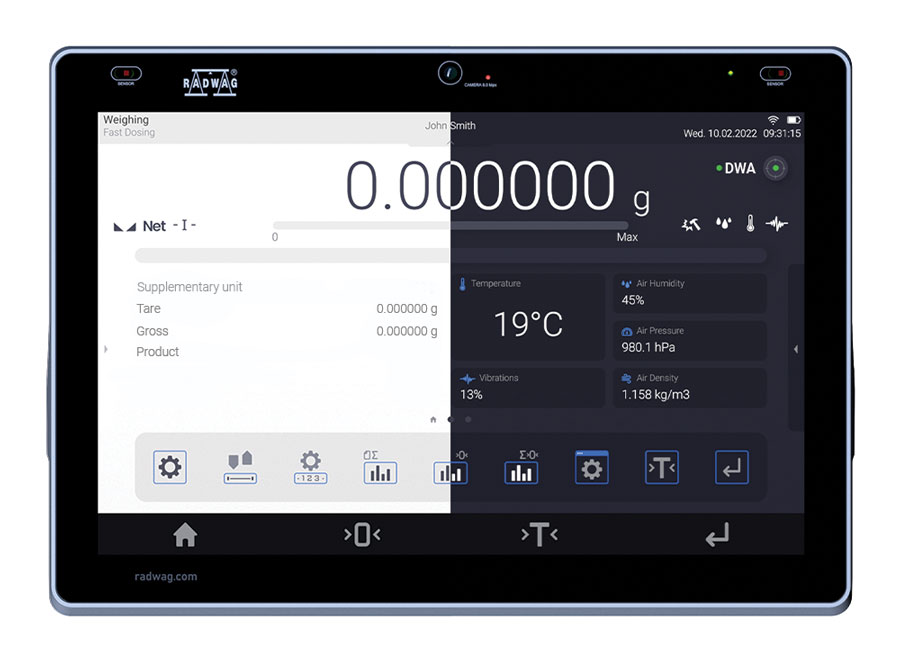
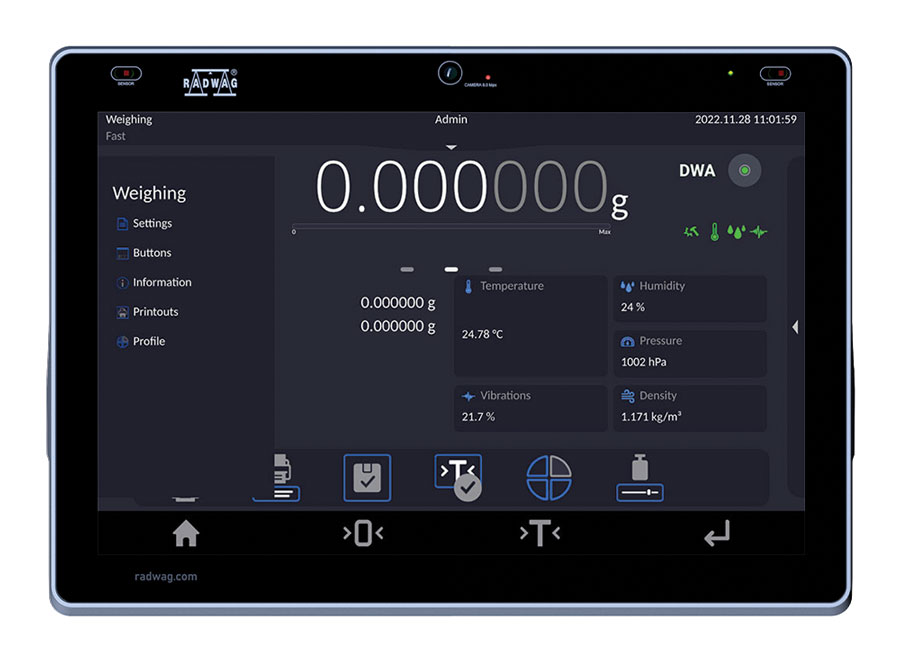
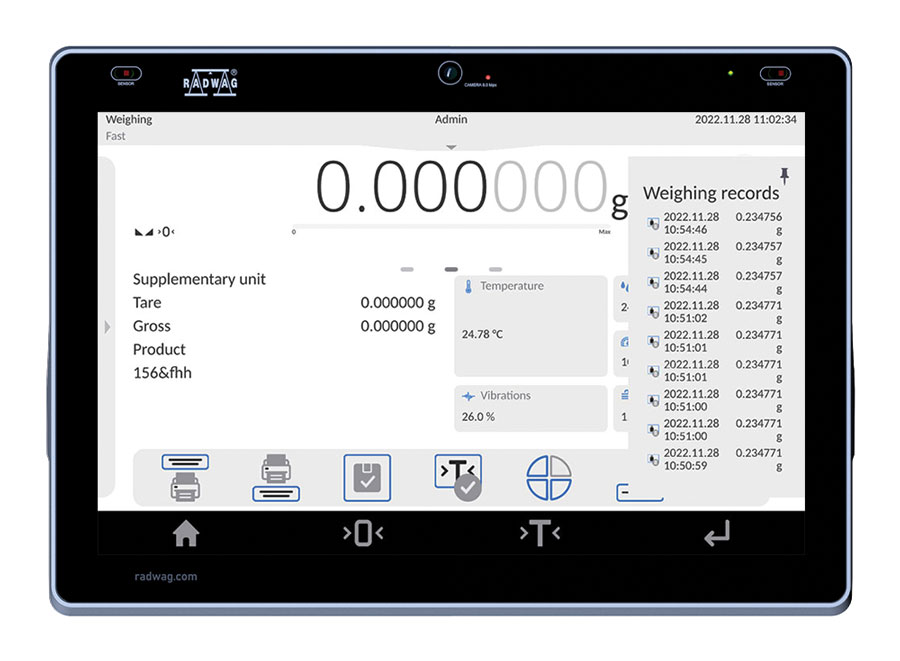
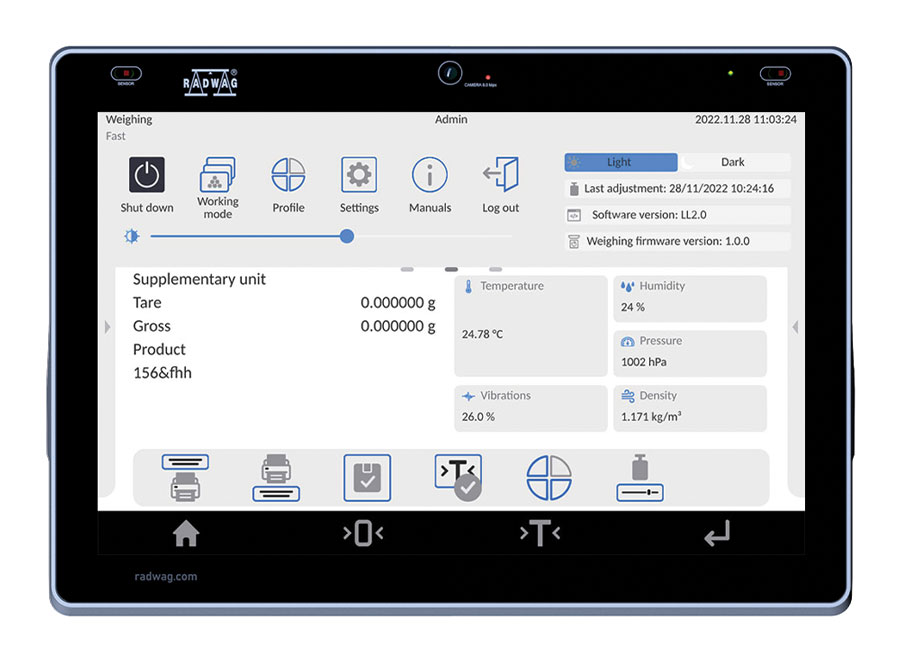
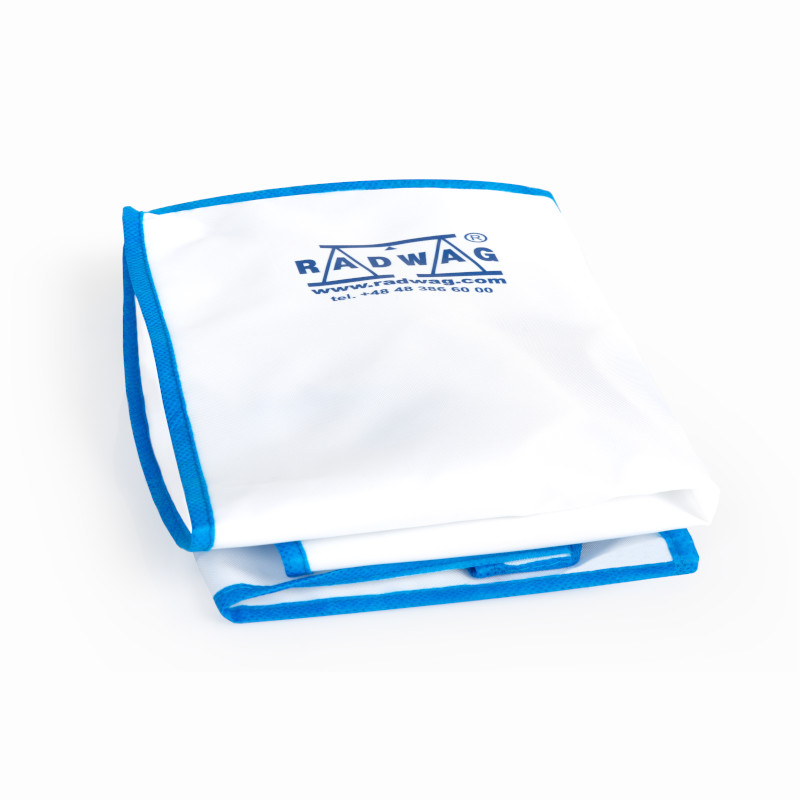

 Additional fee
Additional fee
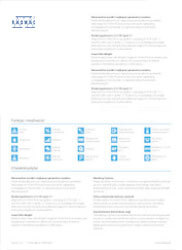
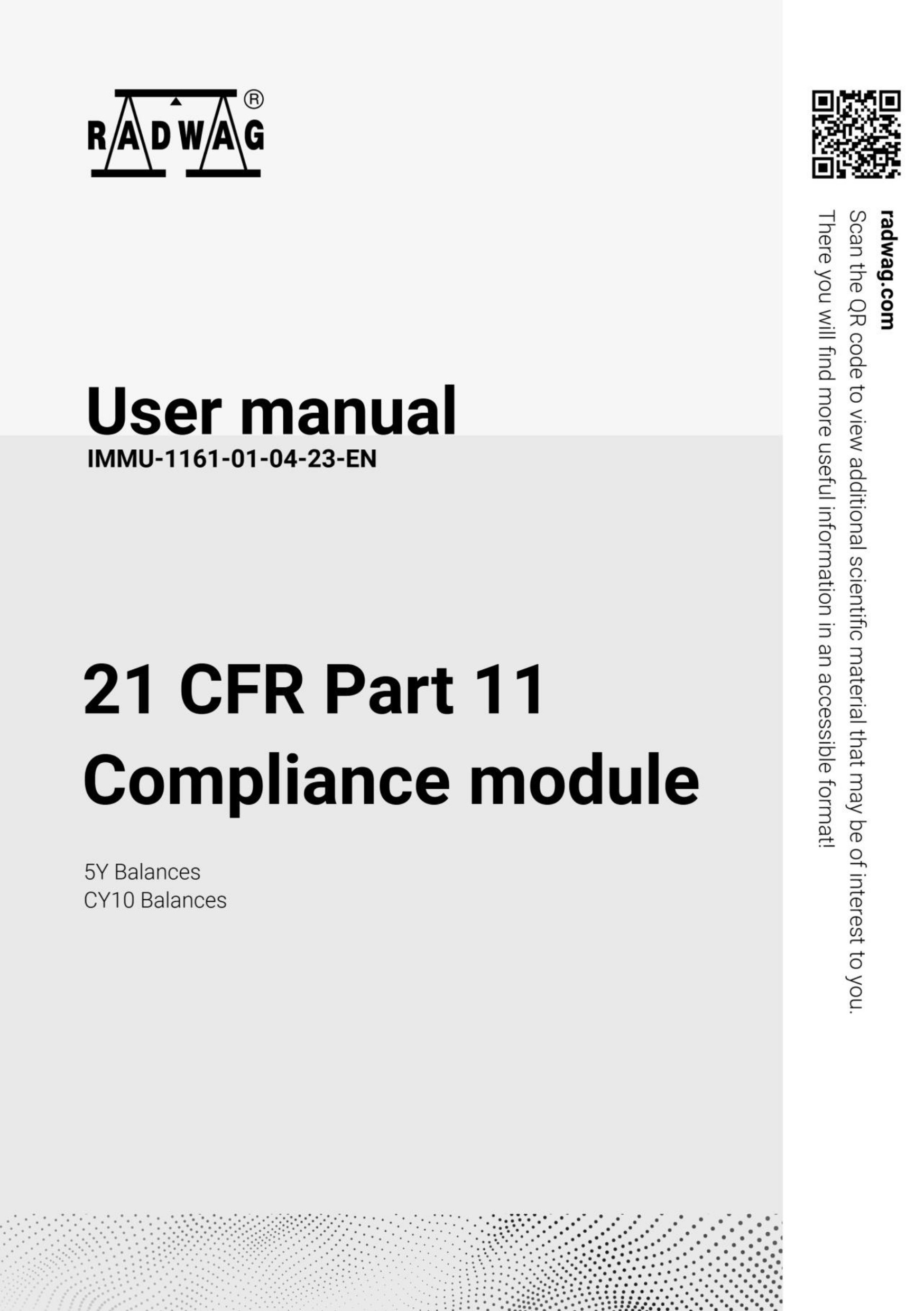
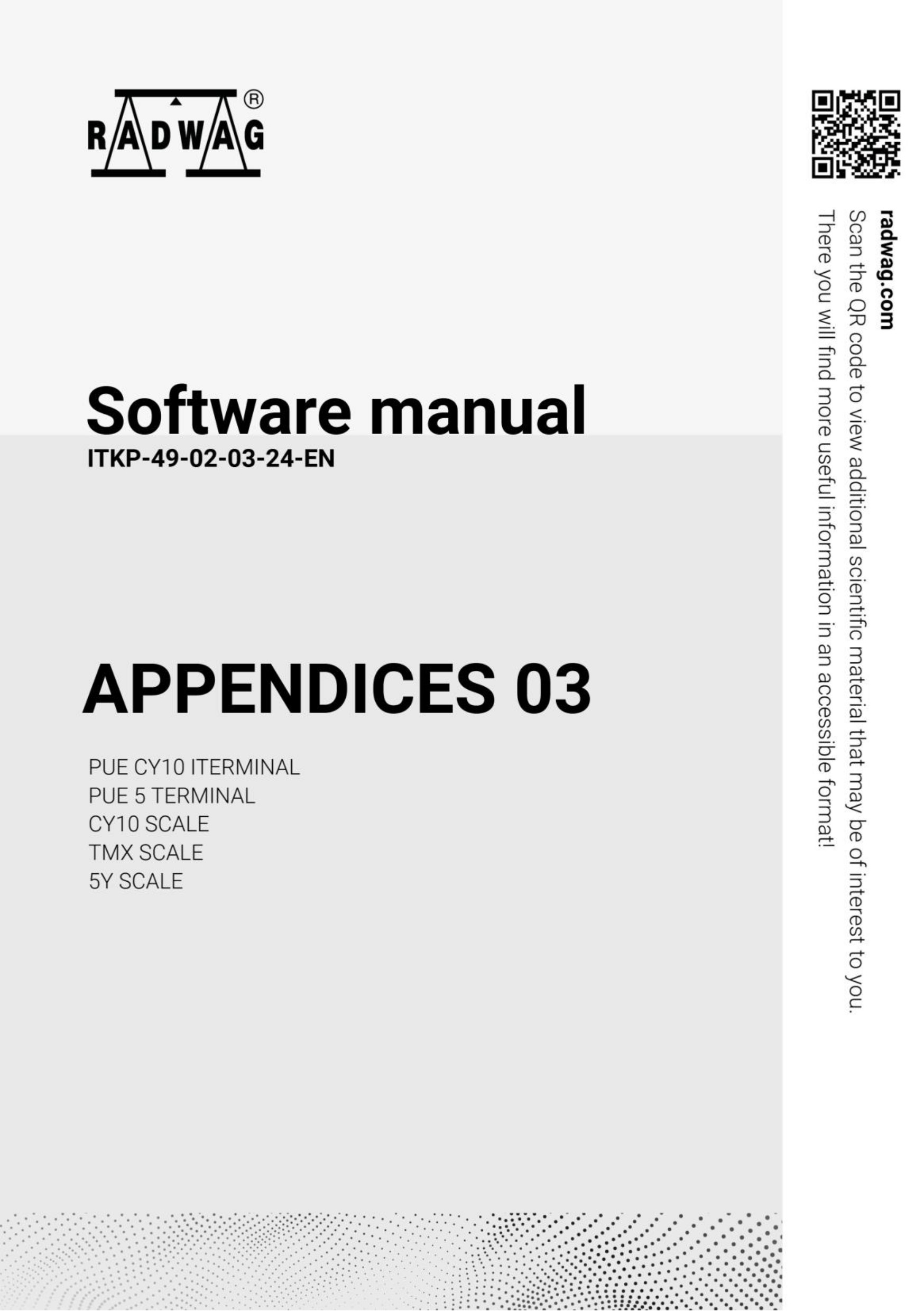
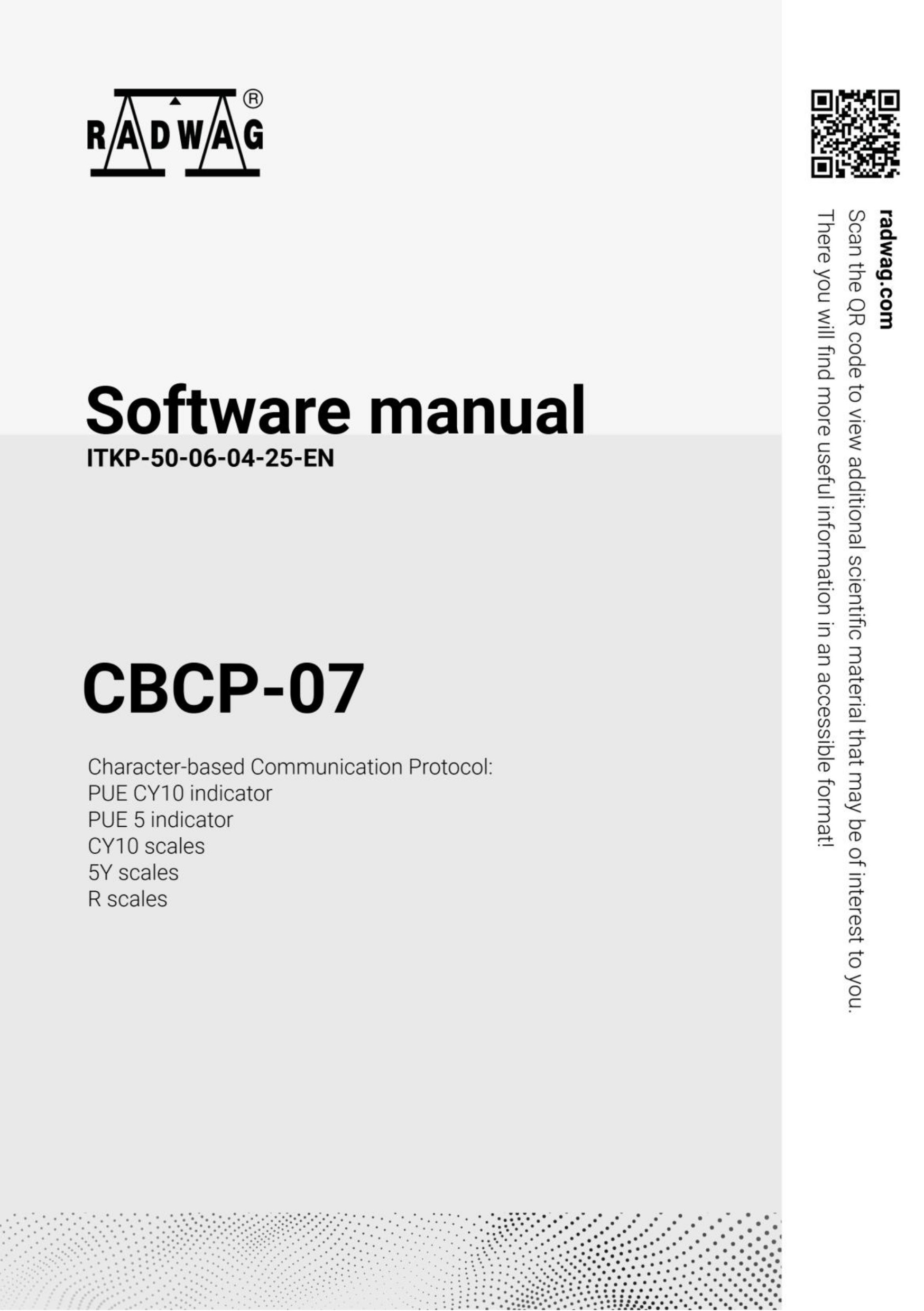
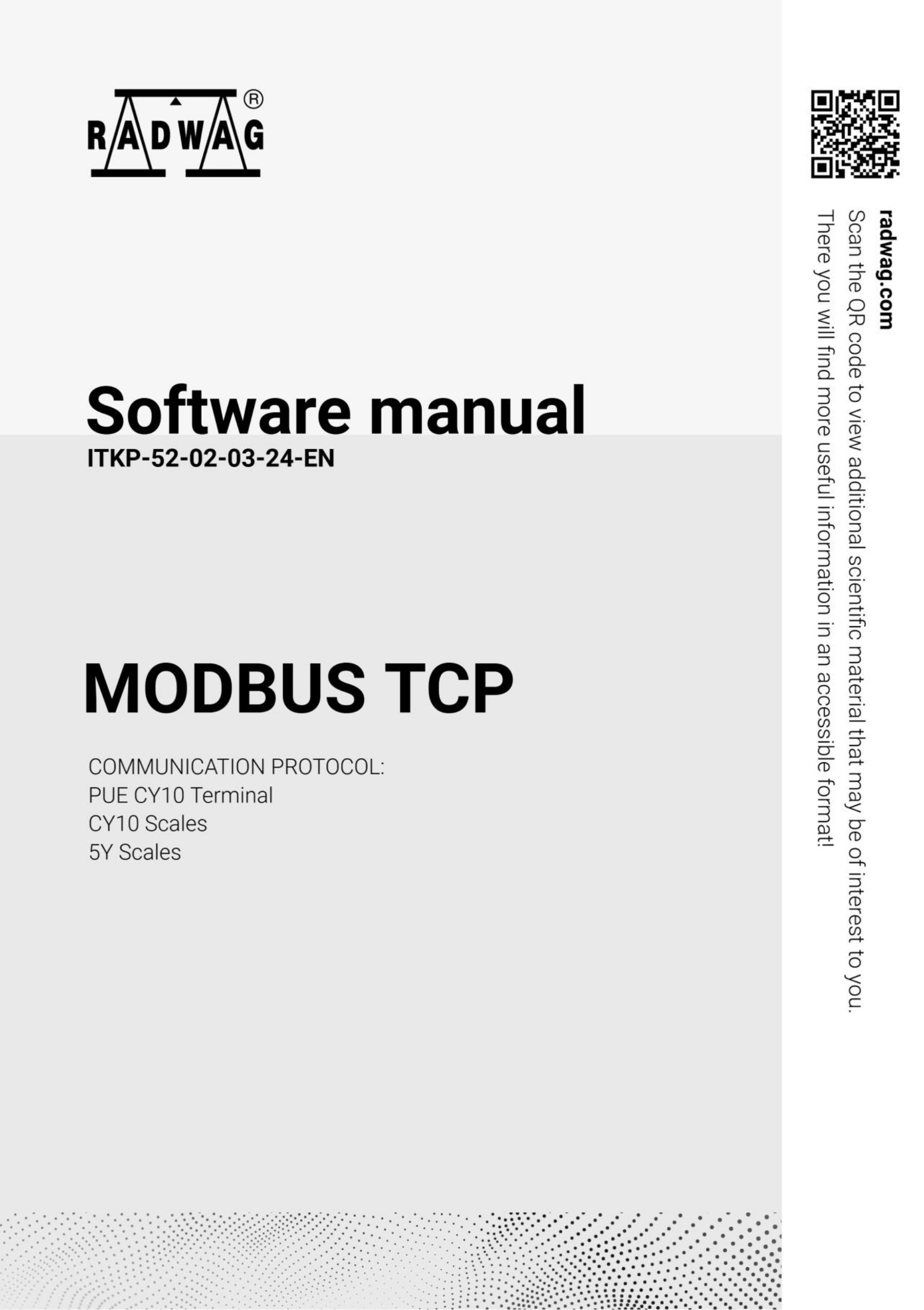


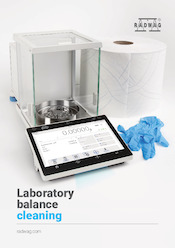
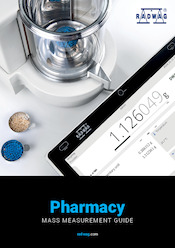
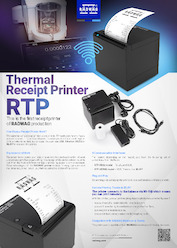

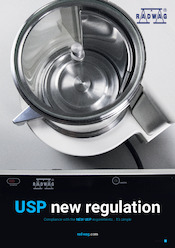


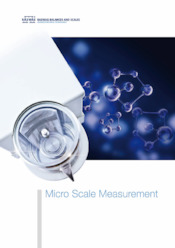
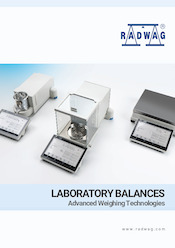
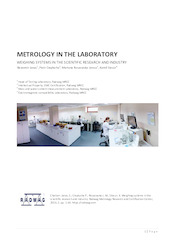
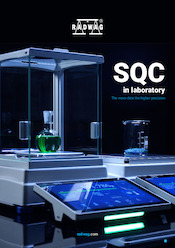

 Albanian
Albanian Danish
Danish Nederlandse
Nederlandse Estonian
Estonian Finnish
Finnish Hungarian
Hungarian Icelandic
Icelandic Kazakh
Kazakh Latvian
Latvian Lithuanian
Lithuanian Macedonian
Macedonian Norwegian
Norwegian Portuguese
Portuguese Romanian
Romanian Russian
Russian Slovak
Slovak Slovenian
Slovenian Swedish
Swedish Ukrainian
Ukrainian Serbian
Serbian Montenegrin
Montenegrin Português (Brasil)
Português (Brasil) Deutsch
Deutsch English
English Español
Español Italiano
Italiano Japanese (日本語)
Japanese (日本語) Polski
Polski Türkiye
Türkiye Česky
Česky USA
USA 中文
中文
















